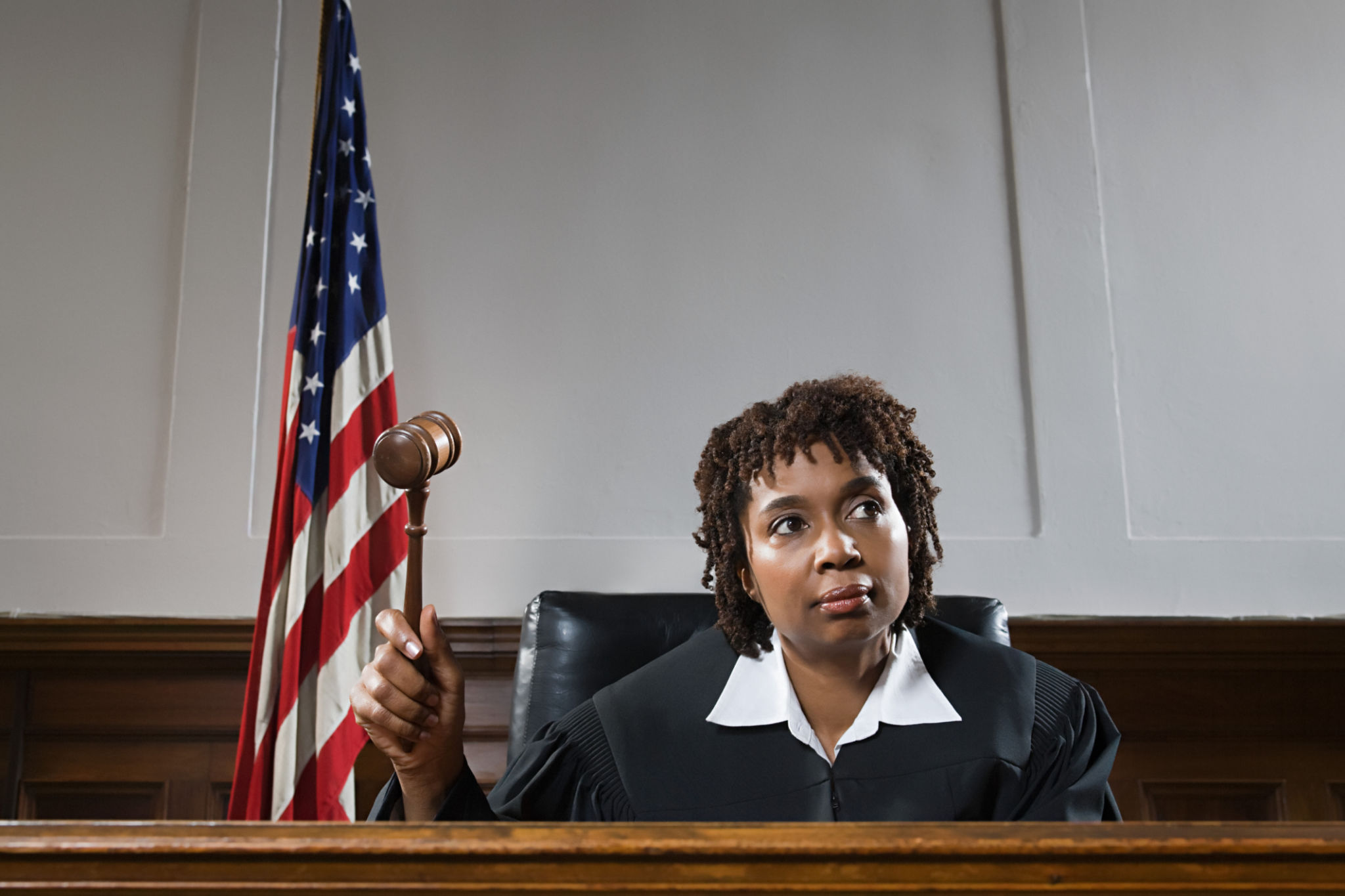What to Expect in a Criminal Defense Case
ZL
Understanding the Basics of a Criminal Defense Case
When facing criminal charges, understanding what to expect in a criminal defense case is crucial. The process can be overwhelming, but knowing the steps involved can help alleviate some of the stress and allow you to prepare effectively. From the initial arrest to the final verdict, each stage plays a pivotal role in determining the outcome of your case.
The primary goal of a criminal defense case is to ensure that the defendant's rights are protected throughout the legal proceedings. This includes securing a fair trial and seeking the best possible outcome given the circumstances. Engaging with a qualified defense attorney can significantly influence the trajectory of your case.

The Arrest and Charges
The first step in a criminal defense case typically begins with an arrest. Law enforcement officers may detain an individual based on probable cause, believing that the person has committed a crime. It is essential to remain calm and exercise your right to remain silent until you have legal representation.
Once arrested, formal charges are filed. The charges outline the specific alleged offenses and serve as the foundation for the case. At this point, it is critical to consult with a criminal defense attorney who can review the charges and develop a strategic defense plan tailored to your situation.
Pre-Trial Proceedings
Before the trial itself, several pre-trial proceedings occur. These include arraignment, where the defendant hears the charges in court and enters a plea of guilty, not guilty, or no contest. During this phase, motions may also be filed to dismiss or suppress evidence that could be detrimental to the defense.
Discovery is another vital component of pre-trial proceedings. Both sides exchange evidence and information that will be presented in court. This process helps ensure transparency and allows each party to build their case effectively.

The Trial Process
If a plea agreement is not reached during pre-trial negotiations, the case proceeds to trial. The trial involves several key stages, including jury selection, opening statements, witness testimonies, cross-examinations, and closing arguments. The prosecution must prove beyond a reasonable doubt that the defendant committed the crime.
A well-prepared defense attorney will challenge the prosecution's evidence and present alternative explanations or defenses. Common defense strategies include demonstrating reasonable doubt, presenting alibis, or questioning the credibility of witnesses.
Verdict and Sentencing
Once both sides have presented their cases, the jury deliberates and reaches a verdict. If found not guilty, the defendant is acquitted, and no further legal action is taken. However, if found guilty, the next step is sentencing, where the judge determines the appropriate punishment based on the severity of the crime and any mitigating factors.

In some instances, post-trial motions or appeals may be filed to contest the verdict or sentence. An experienced attorney can guide you through these additional steps and explore all available options for relief.
Conclusion: Navigating Your Defense
Facing a criminal charge is undoubtedly daunting, but understanding what to expect in a criminal defense case can help you navigate the process more confidently. From arrest to potential appeals, each stage requires careful attention and strategic planning.
Remember, having a skilled criminal defense attorney by your side can make a significant difference in protecting your rights and achieving a favorable outcome. Stay informed, remain proactive, and rely on professional legal guidance to steer your case toward success.